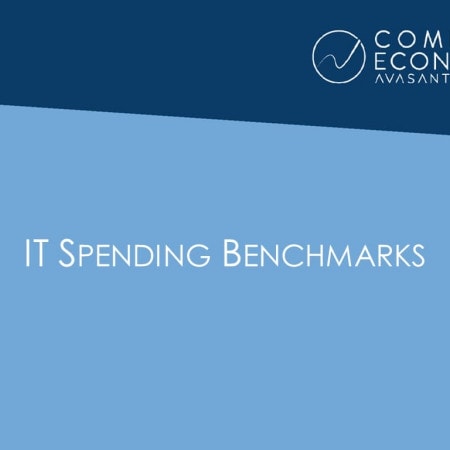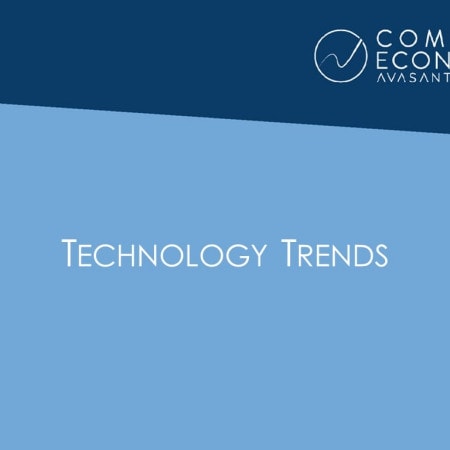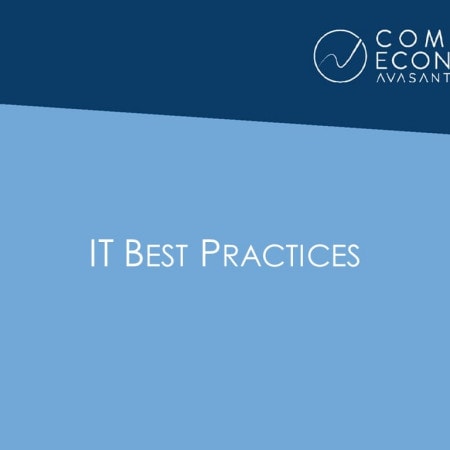-

Internet Users Europe 2002 to 2006 (June 2002)
The following table shows the number of Internet users in Europe for 2002 with projected growth in users through 2006 for all Internet users, females, males, and users under 18 years old.
June, 2002
-

Internet Users Middle East/Africa 2002 to 2006 (June 2002)
The following table shows the number of Internet users in Middle East/Africa for 2002 with projected growth in users through 2006 for all Internet users, females, males, and users under 18 years old.
June, 2002
-

Internet Users Asia/Pacific 2002 to 2006 (June 2002)
The following table shows the number of Internet users in Asia/Pacific for 2002 with projected growth in users through 2006 for all Internet users, females, males, and users under 18 years old.
June, 2002
-

Internet B2B Transactions 2002 to 2006 (June 2002)
This data shows the dollar volume of Internet B2B transactions projected for 2002 through 2006 by country. B2B Internet transactions are broadly defined as items purchased by a business including digital products, books, airline tickets, online bill paying, office supplies, production materials, transportation services, and computer and other office equipment.
June, 2002
-

SAP Opens Up and Moves Down Market (June 2002)
Though it may seem longer, especially if you have been personally involved in implementing R/3, SAP AG released its premier ERP suite just ten years ago. Among the painful lessons that R/3 users have learned during that time is that enterprise-level applications rippled through the entire fabric of an organization and took much longer to roll out than expected. But the costs and effort required were often rewarded by major gains in competitive advantage and entry into new marketplaces.
June, 2002
-

2002 Central IS Budgets as a Percent of Revenue – By Industry (May 2002)
Most sectors have experienced shifts in the percent of revenue spent on their central IS budgets in 2002 according to the 13th annual Information Systems and E-Business Spending study conducted by Computer Economics.
May, 2002
-

Normalization of U.S. Spending Patterns Could Boost Home PC Sales (May 2002)
Consumer optimism and comfort levels edged out financial insecurity and worries about the recession, layoffs, and Osama bin Laden, according to a national survey of 1,000 Americans released in April 2002.
May, 2002
-

The Internet Is Not Making Paper Go Away (April 2002)
Despite the immense popularity of paperless media such as email and the Internet, a study by Lexmark reveals that the need for printing remains as strong as everâand is growing. Results of the study also offer details on home and office printing and the future of printing technologies and applications, including public preferences for wireless printing, while dispelling a number of popular misconceptions about printing trends. The survey, conducted in 4Q01 by the opinion and market research firm SWR Worldwide, included 500 respondents who use computer printers both at home and in the workplace on a regular basis.
May, 2002
-

Small Business Internet Purchasing Trends (April 2002)
The Small Business Tracking Survey, a new bi-annual survey sponsored by MasterCard International to analyze ecommerce trends affecting small businesses, found that 50% of small and home-based organizations (SOHOs) participate in online purchasing, spending approximately $45 billion annually.
May, 2002
-

U.S. Retailers Don’t Do Global Selling on the Internet (April 2002)
A WorldPay survey of 100 leading U.S. retailersâ websites shows most cannot provide global ecommerce transactions. WorldPay logged on to U.S. retailersâ websites and attempted to purchase goods in currencies other than U.S. dollars and have them shipped to international locations.
May, 2002
-

The Evolving Food Store (April 2002)
Food manufacturers and retailers face substantial consolidation and internationalization over the next five years, according to a report released today by Cap Gemini Ernst & Young titled "State of the Art in Food: The Changing Face of the Food Industry."
May, 2002
-

Mutual Fund Investor’s Web Usage (April 2002)
Mutual fund investors are becoming increasingly comfortable using the web, according to the sixth annual American Century Internet Adoption Study, conducted by the Kansas City-based investment management firm. Apprehension about security and privacy continues to decline, with only a quarter (26%) citing security/privacy as a concern in the current study, dropping from 39% in 2000 and the high of 74% just four years ago.
May, 2002
-

Online Dating Reaches Killer App Status (Apr 2002)
Terra Lycos released results of a survey of 1,100 Lycos users of their opinions on online dating.
May, 2002
-

The Loyalty Acid Test (April 2002)
The Loyalty Acid Test survey, developed by Bain & Company, provides a relationship report card that uncovers the roadblocks to superior performance. The survey, designed to establish best-performance benchmarks, was administered to customers and employees from âloyalty leaders,â including Vanguard, Enterprise, Northwestern Mutual, Intuit, and Harley. Respondentsâ answers reveal striking differences between typical companies and those with the highest levels of loyalty in their fields.
May, 2002

 Grid View
Grid View List View
List View